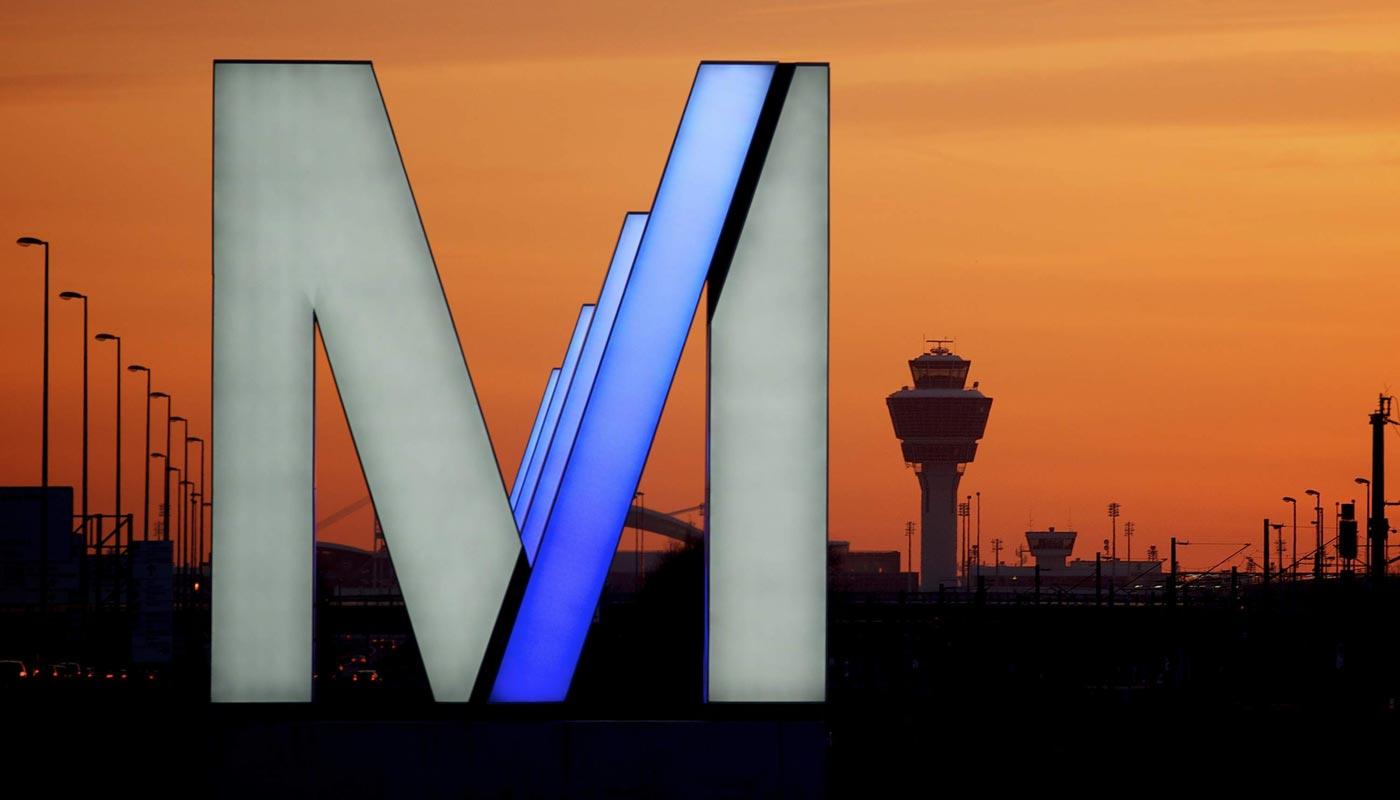September 10, 2024
Press: Passenger and crew transportation is becoming more sustainable
Munich Airport receives first delivery of electric passenger buses
- Ten electric buses from MAN delivered to subsidiary AeroGround
- 50 percent of the apron vehicle fleet to be emission-free by year’s end
- Buses offer innovations in comfort and safety
Another step towards "Net Zero 2035", the sustainability strategy of Munich Airport, has been taken: MAN Truck & Bus Germany has delivered the first ten electric solo passenger buses to AeroGround Flughafen München GmbH, a wholly owned subsidiary of Munich Airport. A further 27 electric buses of MAN Lion's City E 12 and E 18 models will be put into operation by the end of the year. There is an option to purchase 25 additional buses.
"We are reducing air pollutants, lowering our energy consumption and avoiding climate damaging CO2 emissions. The changeover is a further step towards sustainable airport operations and a clean future for the aviation industry. The buses also offer passengers a more comfortable journey from the gate to the aircraft," says Jost Lammers, CEO of Munich Airport.
Munich Airport is one of the first MAN customers to receive and use the new e-buses from the 2024 model year.
The electric drive is considered to be particularly efficient for apron use with many short distances and low speeds. The 18-meter articulated buses (MAN Lion's City E 18) offer sufficient space for passengers and airline crews as a supplement to the 12-meter solo buses (MAN Lion's City E 12). Both models feature numerous innovations in terms of equipment and safety. For example, a more efficient and sustainable air conditioning system.
The aim of the "Net Zero 2035" sustainability strategy is to ensure that Munich Airport's operations no longer leave any CO2 in the atmosphere from 2035 at the latest. By 2030, the entire vehicle fleet on the apron of Munich Airport is to be emission-free and climate-friendly. Half of the vehicles are to be electrically powered as early as this year. AeroGround provides the majority of aircraft and baggage handling as well as all associated passenger and crew transportation at the airport. The charging infrastructure for the e-buses on the apron is currently being expanded.
The "Electrification of the bus fleet at Munich Airport" project is being funded by the German Federal Ministry of Digital and Transport (BMDV) with a total of 23.8 million euros as part of the "Funding for buses with alternative drive systems in passenger transport" directive. Funding is also provided as part of the German Recovery and Resilience Plan via the European Recovery and Resilience Facilities in the "NextGeneration EU" program.



